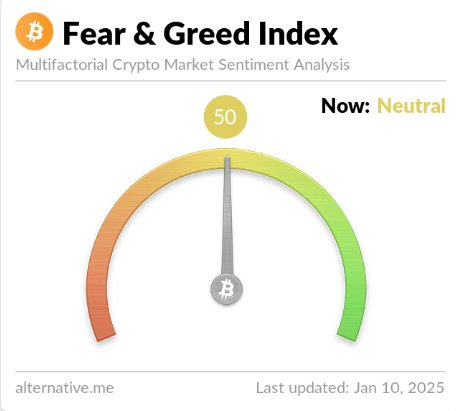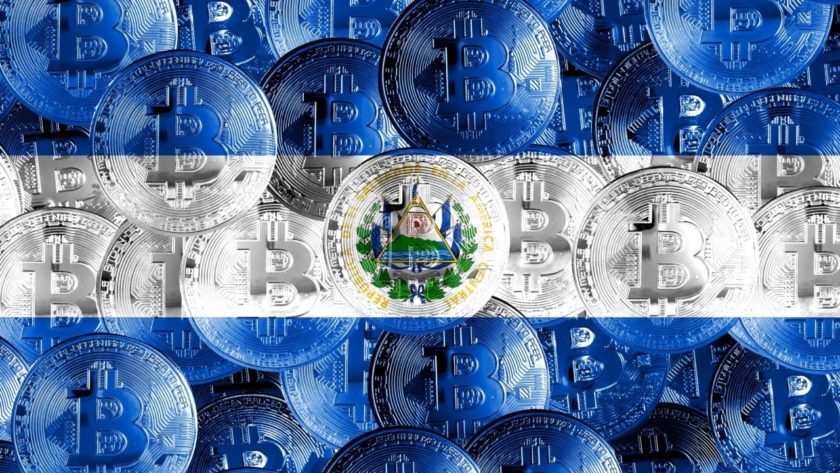Photo: The Coinbase Blog
From Coinbase they said in their blog:
“We are thinking deeply about our role in building an open financial system. We do that by highlighting a variety of developments in crypto and impacting the future of blockchain development.”
Throughout the 12 Days of Coinbase, they’ve been donating crypto to communities underserved by traditional finance. Now, they decided to culminate their campaign by donating $25,000 worth of Bitcoin to help more than 60 survivors of domestic violence on their path to independence and safety.
On Day 12 of 12 Days of Coinbase, we’re making gifts to support crypto and blockchain education. We’re supporting @udacity Blockchain Developer Nanodegree scholarships for @recodedofficial @techqueriaSF and @CodeToInspire members. Learn more here: https://t.co/tfYVzgJjxc
— Coinbase (@coinbase) December 21, 2018
The donation supports FreeFrom, a non-profit that helps domestic abuse survivors achieve financial stability, reducing the chances they return to abusive homes.
According to Sonia Passie, CEO of FreeFrom, 98% of domestic abuse also involves financial abuse, in which abusers control access to bank accounts and cash. Because of this, FreeFrom typically couldn’t provide cash assistance until after someone has already left their abuser. In Coinbase, they believe that cryptocurrency can change that.
“With crypto, FreeFrom can better provide financial support to survivors still stuck in the cycle of active domestic abuse. Crypto isn’t just money for survivors, it’s money that only they can control with easy draw-down options and discreet access. For this population, the security of cryptocurrency literally could be lifesaving.”
Building the Blockchain for Everyone
In Coinbase they believe that building an open financial system requires connecting talented people with technical training.
“Borders, physical or economic, should never limit someone’s ability to shape the foundation of blockchain technology. Today, we’re also announcing educational funding to make the future of blockchain more inclusive.
Our funding will start off by supporting scholarships to cover the cost of completing Udacity’s Blockchain Developer Nanodegree program. These scholarships will go to members of three organizations that are working to diversify technology, including:
Code to Inspire, Afghanistan’s first coding school for women; Re:Coded, an organization that provides mentorship and technical training to young people living in conflict zones in the Middle East, and Techqueria, a networking organization for Latinx professionals in tech.”
With that, they hope that the future of blockchain will be brighter if people across the globe take part in building it.
Unlike other e-learning platforms that offer courses across a range of subjects, Udacity (the name combines “audacity” and “university”) is laser-focused on tech. It has partnered with more than 120 companies — Amazon, Google, AT&T and Facebook among them — to close the tech talent gap by creating and tailoring courses that teach the specific skills these companies are looking for.
So far, the company has raised $163 million from investors, including Andreessen Horowitz, Drive Capital and Alphabet’s venture capital arm, Google Ventures. Udacity was started by Sebastian Thrun, a former Stanford University professor who in 2011 offered a free online course in artificial intelligence and witnessed 160,000 students in 190 countries enroll.
The goal, the company says, is to give professionals the knowledge they need to get a new job or advance their career. And it does it for a fraction of the cost of most executive education offerings. Most of Udacity’s nanodegrees cost $199 per month and take anywhere from six to 12 months to complete.
Fereshteh Forough, founder and president of Afghanistan’s Code to Inspire said that one of the main challenges she faces in her work helping girls in Afghanistan is getting them paid for the work that they do. None of the girls have bank accounts — people in Afghanistan don’t really trust banks. Also to have a bank account, you need a lot of ID, which a decent amount of people in Afghanistan don’t have.
She said:
“We don’t want to send the money to family members, because with a lot of these girls, their families just take their money. One thing that’s great about crypto with this community is its privacy. Honestly it’s been difficult to convince people in Afghanistan to take cryptocurrency instead of cash. We’d explain that this was currency over the Internet, but they didn’t believe us.
They thought we were taking their money, or tricking them. We had to demonstrate that bitcoin could be useful. Students could come to us and we would convert their bitcoin into Afghanis. That’s how we proved to them that this was real currency. But for us, it didn’t feel safe to carry around that much cash all the time.”
In Coinbase they said:
“Last week, as part of the 12 Days of Coinbase, we shared our vision for the future of finance. With this educational funding, we hope to be one step closer to making sure the future of finance is inclusive and empowers communities that other innovation waves may have left behind.”
Coinbase’s 12 Days of Christmas
Just for reminder, Coinbase did really altruistic thorough this Christmas season.
First day of Christmas saw Coinbase announcing that users could buy gift cards so that family and friends could get some Uber, Adidas and Nike surprises through its U-gift program.
On their second day, they helped Venezuelan families by donating $10,000 Zcash (ZEC) to GiveCrypto.org, a nonprofit organization that distributes cryptocurrency to people living in poverty.
On the third day they made a video, for the “third day of Christmas”, Coinbase tried to explain their mission and their vision about how cryptocurrencies can change the global economy and why is that important.
Brian Armstrong, the CEO of Coinbase said:
“Cryptocurrency is gonna be a great democratizing force for the world because it’s gonna allow anybody with cell phone to access the financial services. There are around 1,8 billion people in the world that have cellphone but no access to any of the financial services. Here lie benefits of cryptocurrency and the blockchain. There is no middlemen while transferring money.”
With the fourth day ‘gift’, the watchlist, customers can click the star icon on any asset pages to indicate they’re interested in those cryptocurrencies, and their dashboard will feature key information about those assets on a new Following tab.
In Coinbase they said:
“Over the past 6 months, we’ve made several investments in customers’ logged-in experience. Each new feature serves a greater purpose: to give customers the ability to tailor the Coinbase app to their crypto interests. We look forward to building more features that make your dashboard more personal.”
On the 5th day Coinbase decided to greet it’s U.S. customers with the possibility to instantly withdraw Coinbase balances to PayPal, providing even faster access to their funds through one of the world’s easiest and most widely-used payment platforms.
They also used Day 6 of the 12 Days of Coinbase to support their new project that provides a basic income to more than 150 Syrian refugees in Greece.
For the 7th day in a row Coinbase decided to teach us about their stable coin. They wanted to educate their clients about all the benefits of USD Coin (USDC) being the cryptocurrency at a stable price.
Their 8th day of Christmas they celebrated with rolling out a new feature called Convert, which customers can use to convert one cryptocurrency into another.
On their 9th day of Christmas, Coinbase decided to include new coins on their platform. Earlier this year they were announcing their intention to support the ERC20 technical standard across Coinbase.
During the 10th day of Christmas Coinbase announced the launch (in invite-only mode) of Coinbase Earn, a new way to earn crypto while you learn crypto.
The next day they announced expansion to new European markets, including Lithuania, Iceland, Andorra, Gibraltar, Guernsey and the Isle of Man.




